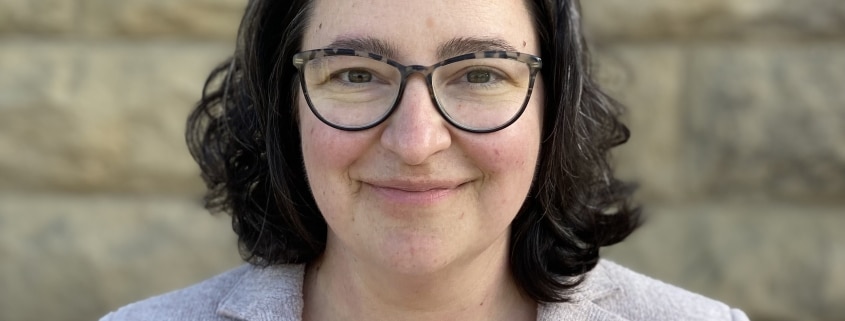
Carolyn Zola received her PhD in History from Stanford University. Her current book project, “Public Women: Urban Provisioners and the Rise of American Capitalism,” explores the lives and labors of female food sellers – Black and white, free and enslaved, immigrant and native born – who hawked their wares in North American port cities during the eighteenth and nineteenth centuries. Working on streets and in markets, female provisioners acted as key agents of exchange, and in so doing posed urgent questions about the boundaries of legitimate commerce and the role of women in the emerging market economy. Ubiquitous in their own times yet archivally elusive today, Zola is carefully gathering and analyzing seemingly infinite sources, including municipal records, newspaper accounts, diaries, letters, jokes, songs, poems, fiction, and visual culture to understand both the experiences of these vendors and the contradictory discourse they provoked. A careful study of female provisioners reveals a potent new narrative about the centrality of women’s commercial activities during the rise of American capitalism.


